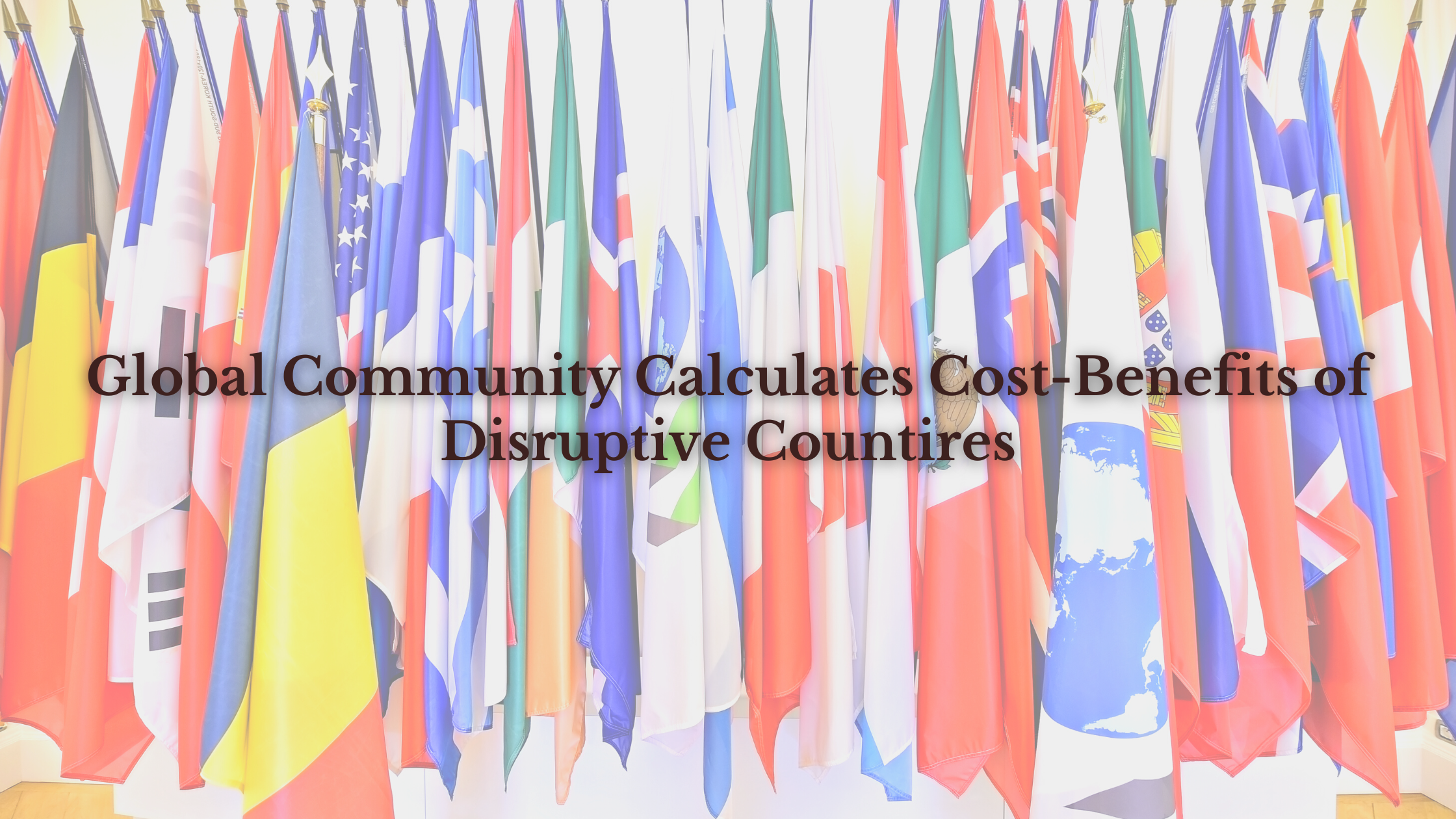Numerous market commentaries and opinion columns since Russia’s invasion of Ukraine have highlighted the fading investor perception of emerging-market assets. The story so far has played true to the worst emerging market stereotypes that global investors dread. A leader who started by promising stability and prosperity ends up as a thuggish strongman, callous enough to sacrifice the future of his own people in a destructive quest for glory. A country with vast resources and growth potential sliding rapidly down into economic desolation. Global investors who saw the promise and poured in billions, only to see it all evaporate in a matter of days. Political maneuvering by other countries spreads the risk perception and triggers investor panic elsewhere. We have seen parts of this storyline in the past, albeit on a smaller scale.
Yet, because of the scale of destruction that has been well beyond expectations and the implausibly swift economic response from the rest of the world, this could very well be a cathartic moment for emerging markets. The events after Russia took the fateful step on February 24th have illuminated the pain and isolation that awaits recklessly ambitious countries and leaders who pursue vainglorious goals with scant regard to global peace and order. The extent to which countries like Russia have slid down the order of emerging markets in the last 15 years do provide a cautionary tale to others who believe they hold all the aces and could get away with selective compliance of accepted rules and behavior.
Before the 2008 global financial crisis, when emerging markets were the global investor favorites, Russia represented more than 10% of the MSCI Emerging Markets Index, the fourth largest country by index weight. It was the preferred destination for gaining exposure to energy and materials, as well as aspirational consumers who were seeing better living standards for the first time in generations. Russia’s journey downhill from there on mirrors the rise of authoritarianism and disregard for the rule of law within the country. The fall worsened after the 2014 Crimea invasion, and after the latest misadventure, the country has been kicked out of all global indices. Turkey is another example of a country that went from promise to pariah during the same period, driven down by another egotistic strongman.
By elevating the scale of economic penalties for aberrant behavior manifold, the global community has significantly altered the cost-benefit calculations of countries that harbor disruptive ambitions. More importantly, the world is now showing that we can quickly lighten our dependence on such regimes when pushed. It is apparent that Russia expected a muted response to its aggression, given Europe’s reliance on the country for energy supplies. But that has now proved to be a weak card, with Europe on track to reduce Russian energy imports by two-thirds over the next year or two. Similarly, China may find to its surprise that being the factory of the world is not a large enough shield to cover ambitions that keep the country in perpetual conflict with many nations. Recent conciliatory statements from senior Chinese government officials seem to indicate a growing awareness of this vulnerability.
On their part, global investors have also been stepping up the pressure on countries to improve governance standards and adhere to ethical standards. The extensive losses incurred by some of the largest global institutional investors in Russia should only accelerate this trend, as evidenced by the recent divestment by large funds of select companies for labor and human rights violations. As social and governance considerations increasingly factor into investment decisions by asset owners and allocators, it will be hard to gloss over the obvious deficiencies and contradictions.
Just as the physical damage caused by Russia in Ukraine has inadvertently reinvigorated Europe’s security alliances, the economic damage Russia has brought on itself could dissuade authoritarian regimes from walking down the path of self-destruction. To the majority of emerging countries that are by and largely democratic, with maturing institutional structures, the unfolding events are a timely reminder to commit themselves further to improve social protection, transparency, and governance standards. That, and the evident relative value in emerging market assets, should help them regain the confidence of global investors.
ABOUT THE AUTHOR:Rex Mathew is Senior Vice President and Portfolio Manager at Thomas White International, a minority-owned boutique asset management firm based in Chicago, IL. He covers companies based in Europe, Asia-Pacific, including Japan, Canada, emerging markets in Asia outside China, and Latin America for the firm’s international and emerging markets portfolios. He also leads the global markets, economy, and industry analysis efforts that support the firm’s investment research as well as the development of written content that highlights the firm’s investment and market insights.
DISCLOSURE: Thomas White International is an Associate member of TEXPERS. This article is for informational purposes only, is not investment advice, and should not be considered a recommendation to buy or sell any security or to invest in any particular market or country. Actual future results or occurrences may differ significantly from those anticipated.

